Behind the scenes laughter - how an annoying hint for dumb viewers appeared
Categories: Cinema | Culture | Europe | North America
By Pictolic https://pictolic.com/article/behind-the-scenes-laughter-how-an-annoying-hint-for-dumb-viewers-appeared.htmlLaughter in foreign and domestic comedies and shows irritates many people. It once seemed that our cinema and television would pass this cup (we are not some stupid Americans), but no - the fashion has reached us. Where did the tradition of prompting the moment when you need to laugh come from and why is it needed at all?
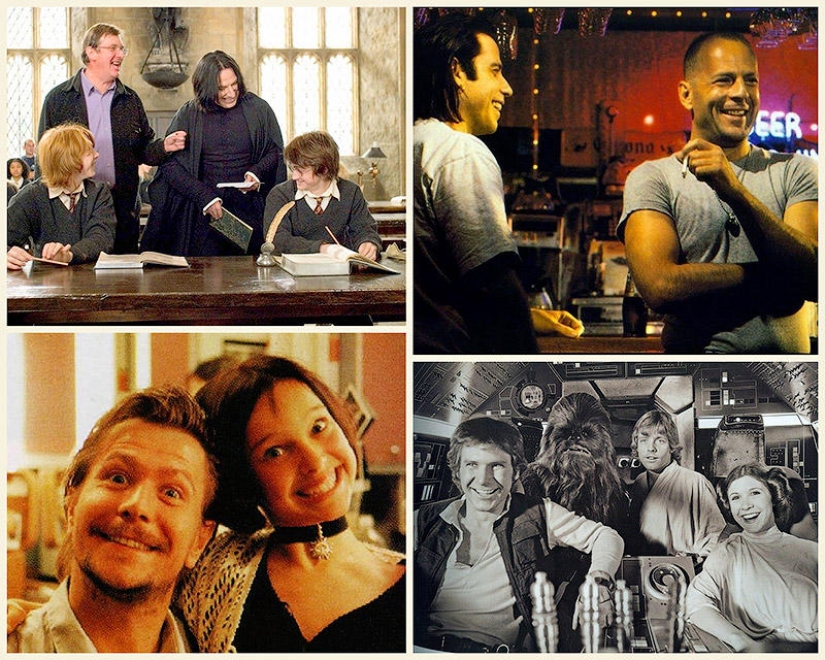
Many believe that the laugh track appeared with sound cinema and is no more than 100 years old. But experts are sure that the history of this annoying media technology goes back to ancient times and was used in the ancient world.
Chronicles say that in the 3rd century BC, the comedy playwright Philemon of Hellas hired people to boo the plays of his rival Menander and to roar with laughter at his own premieres. The Roman tyrant Nero, who had a creative nature, also did not disdain fake spectators. Legionnaires were herded to his dismal poetry evenings, who applauded and loudly expressed their admiration for the dictator's talents.
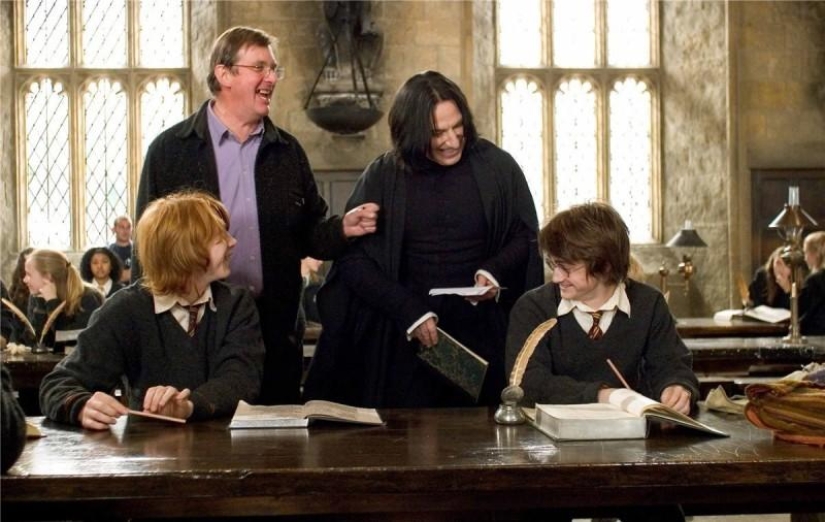
But laughter from the audience first became a trend in the 16th century in France. The poet Jean Durat, doubting his talent and the gratitude of the audience, gave away free tickets to his performances, on the condition that the guest would actively support the author. Other poets, actors and musicians adopted the experience - this approach almost certainly guaranteed success and fame, although it was seriously expensive.
The fashion for artificial delights led to the emergence of a new profession in the 19th century - claqueur. This simple craft was carried out by not very scrupulous people, who were ready to do a lot for money. For money, they organized the success or failure of a performance, depending on the client's wishes.
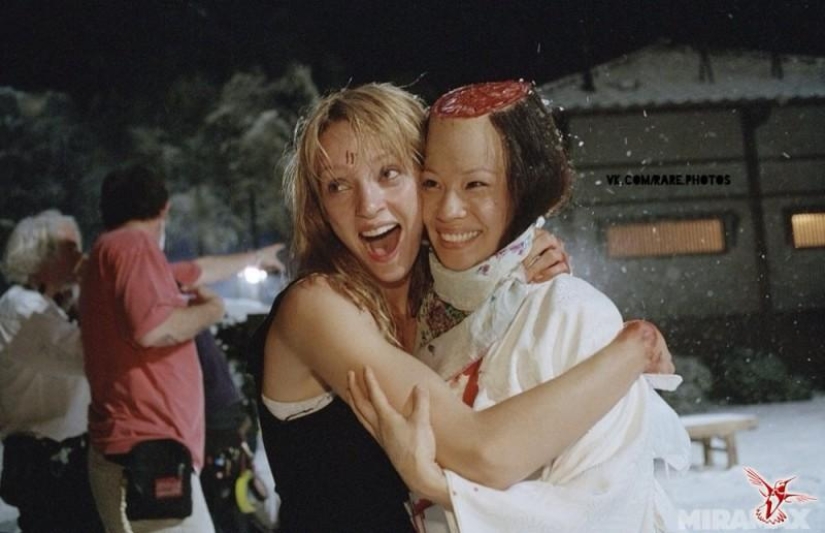
Clackers, in most cases, did not overwhelm with numbers or noise. They used in their work a psychological effect called today "Social proof". It consists in the fact that people have a habit of unconsciously joining in with other people's emotions if they are not too sure of themselves or their assessment of what is happening.
A small group of claqueurs could thus skillfully manipulate practically the entire hall, ensuring success for mediocrities and failure for brilliant premieres. There is a well-known story by Vlad Doroshevich about an incident with Feodor Chaliapin that occurred in 1901 before the performance of the great Russian bass at the La Scala theater in Milan.
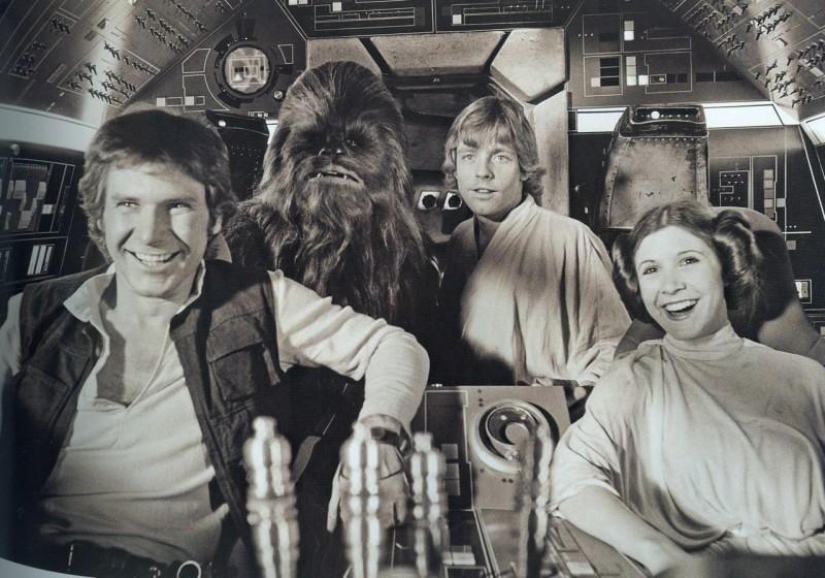
After the opera singer was offered his services by the claqueurs, the following day he sent the following letter to the largest political newspapers in Milan:
In the first half of the 20th century, claquering was a common occurrence all over the world. There were even special agencies offering the services of planted spectators. The performer only had to leave a request and pay for the service - half the success of the performance was guaranteed.

In the early 1920s, with the growing popularity of radio plays, claqueurs moved to radio studios. Laughter in the background created the feeling of being at a real play. It was from such radio plays that such a popular genre as sitcom was born. "Situational comedies" migrated from radio to television and at the beginning of their existence competed on equal terms with "soap operas".
But the audience for sitcoms was larger than that of melodramas - they gathered not only housewives and old ladies in front of their TV screens, but also men, including young ones. The off-screen laughter, typical of comedy radio shows, became a signature "trick" of sitcoms all over the world.
Sitcoms were filmed in studios, much like the entertainment show "Evening Urgant" is filmed today. Laughing people remained behind the scenes, but at the same time, laughing where it was necessary according to the script, they set the tone for the entire action taking place on the set.
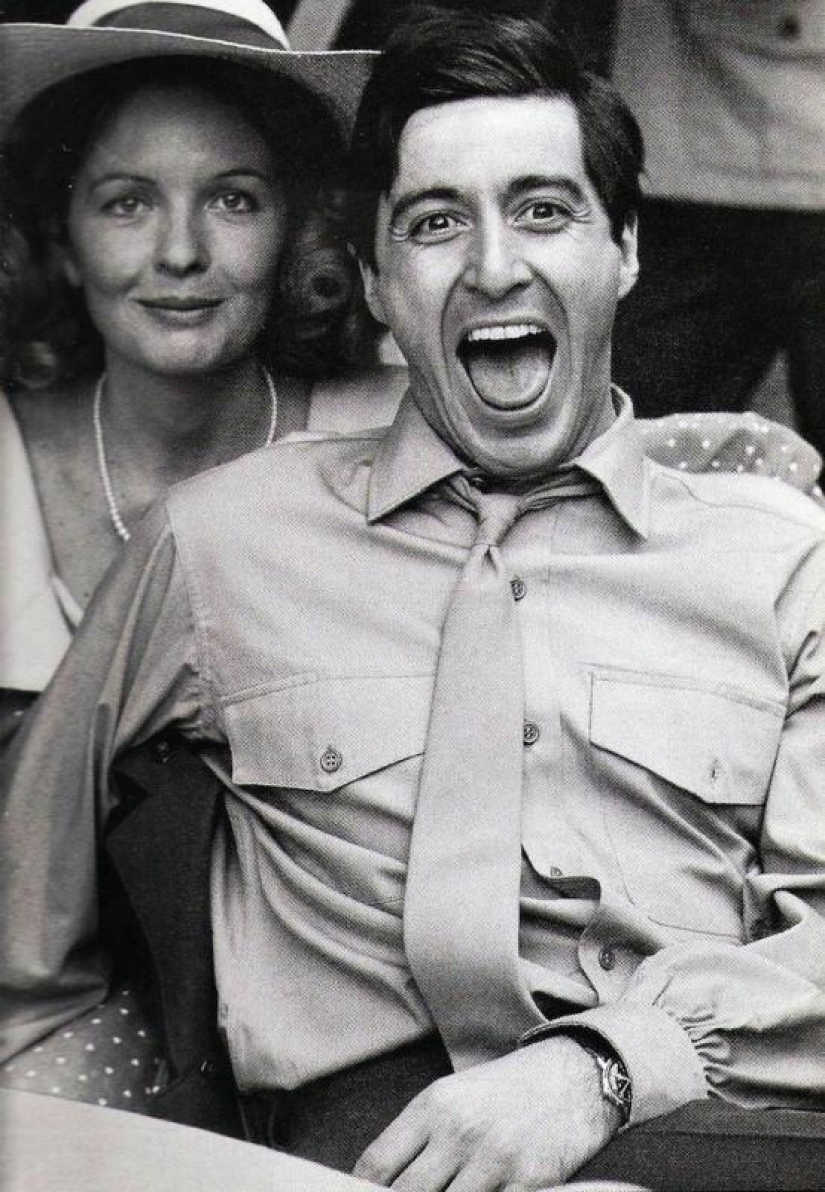
Later, sitcoms began to be filmed without an audience, in film studios. The material became better quality, as it became possible to make takes, voice the action and even apply special effects. But it soon became clear that the TV viewer perceived the show in the new format not as their creators wanted, but somewhat detachedly.
To remedy the situation, spectators were invited to the filming sites again for sound support. But the new shows were not like the old ones - they were filmed painstakingly and for a long time, so those present in the pavilion got tired and began to get bored and complain.
Imagine a situation where you have to laugh at 10 takes of the same scene, all in a row. What sitcom directors didn't do to entertain their guests. Sometimes they even invited stand-up comedians to keep the clackers from getting bored.
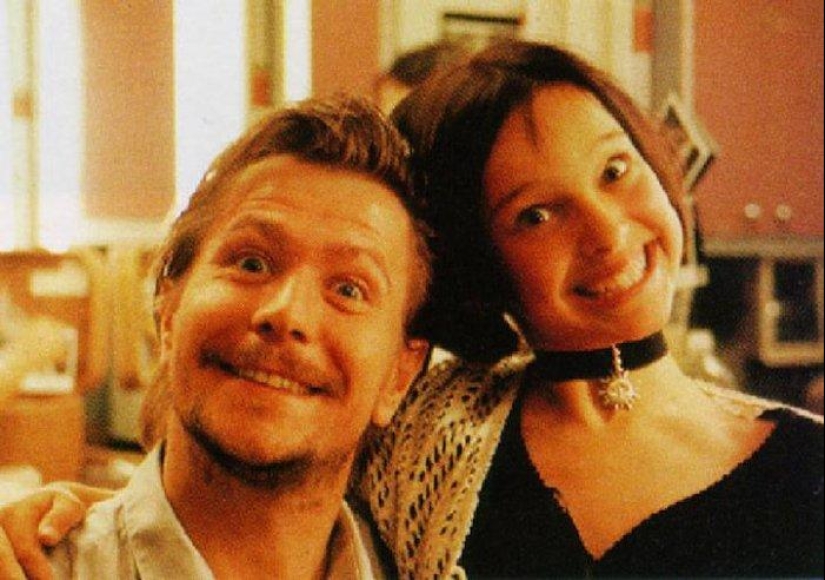
The torment and search lasted until 1953, when sound engineer Charlie Douglas came up with the so-called "laughter machine." The craftsman created tracks from different laughter samples and tied each track to a button on the device. Now he could play with emotions like a piano, creating unique laughter compositions that sounded very convincing.
At first, the device was used to correct bad recordings, but then it entered everyday use. We can hear the modern version of this device in popular sitcoms to this day. The creepy joke about the fact that modern shows feature the laughter of the dead is true - most recordings remember Douglas's first laugh machine.
In the early 90s, sitcom creators had to bring viewers back to the theaters — they did this in order to retain viewers. Live laughter and real emotions of people in the theater, no matter how you look at it, cannot be replaced by a surrogate 100 percent. At the same time, directors began to cheat a little, selecting an audience in accordance with the theme of the show.
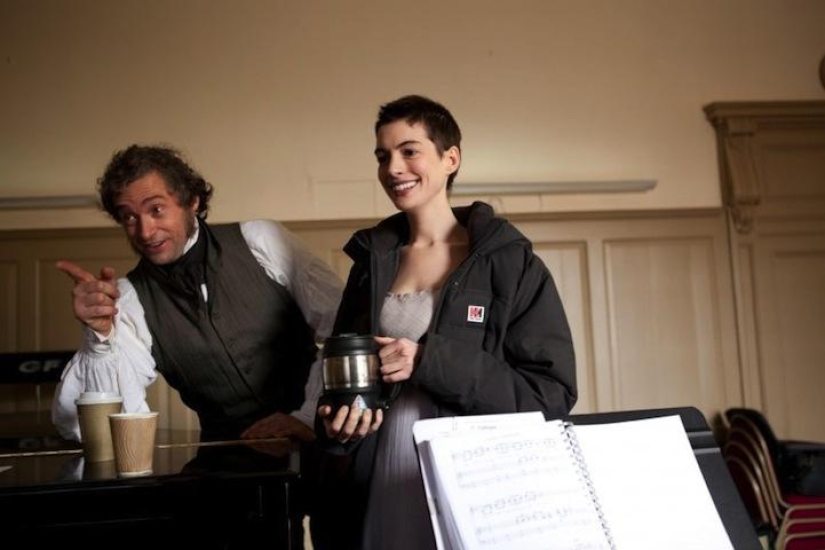
For the series "Married. With Children", the forefather of our "Happy Together", they invited servicemen, who for some reason reacted to the collisions more vividly than anyone else. The sitcom "Friends", popular in our country, was also filmed with the presence of an audience, mainly young people. By the way, this TV show has several secrets, which we once told about.
In our country, live laughter in the pavilion did not take root due to large additional costs, so we continue to listen to the laughter of the dead from a modern analogue of the machine invented half a century ago by Douglas. It must be said that in the early 2000s, when off-screen laughter appeared in domestic shows, viewers perceived it in a Shalyapin-like manner, one might say, with hostility. Probably, the straightforwardness and disgust for falsehood of our viewers, raised on harsh and merciless Soviet realism, had an effect.
Recent articles

We all make mistakes, people are far from perfect. But sometimes a person has a single task, and he still manages not to cope with ...

The culture of Ancient Egypt never ceases to inspire writers and screenwriters to new stories. Tom Cruise has already found himself ...

Have you noticed that in some films the names of the characters given to them by the authors carry their own meaning? Yes, these ...